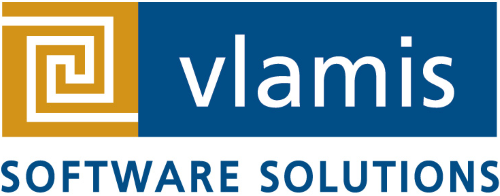Data clustering models are among the most common and most useful predictive analytic techniques and are fundamental to understanding complex and highly dimensioned datasets. They’re perfect for segmenting customers and markets, identifying hidden patterns when businesses have hundreds of locations, and organizing products in new ways. Learn the differences between Oracle Data Mining three clustering algorithms, K-Means, O-Cluster, and Expectation Maximization and when to use each. You’ll hear how to interpret the hierarchical structure of Oracle’s clustering algorithms and explain the results of clustering models to executives and other lay audiences. Oracle ACE Tim Vlamis is a named contributor to Oracle University’s courses on Oracle Data Mining and often serves as an expert instructor. This session will be a combination of lecture and live demo of Oracle Data Mining using SQL Developer’s Data Miner extension. Because clustering algorithms are an unsupervised data mining technique, their analytic workflows are some of the simplest to build and the results are some of the easiest to explain. Many analysts want to use predictive analytics but are unsure where or how to start. This session offers an easy first step that has great application for nearly every business. If you’ve always wanted to do predictive analytics but weren’t sure where to start, come learn how to leverage Oracle’s Advanced Analytics option and get going.
Clustering Data with Oracle Data Mining: The Easiest Place to Start in Predictive Analytics
Presented by Tim Vlamis and Dan Vlamis
Browse by Year
- Presentations - 2024
- Presentations - 2023
- Presentations - 2022
- Presentations - 2021
- Presentations - 2020
- Presentations - 2019
- Presentations - 2018
- Presentations - 2017
- Presentations - 2016
- Presentations - 2015
- Presentations - 2014
- Presentations - 2013
- Presentations - 2012
- Presentations - 2011
- Presentations - 2010
- Presentations - 2009
- Presentations - 2008
- Presentations - 2007
- Presentations - 2006
- Presentations - 2005
- Presentations - 2004
- Presentations - 2003
- Presentations - 2002
- Presentations - 2001


